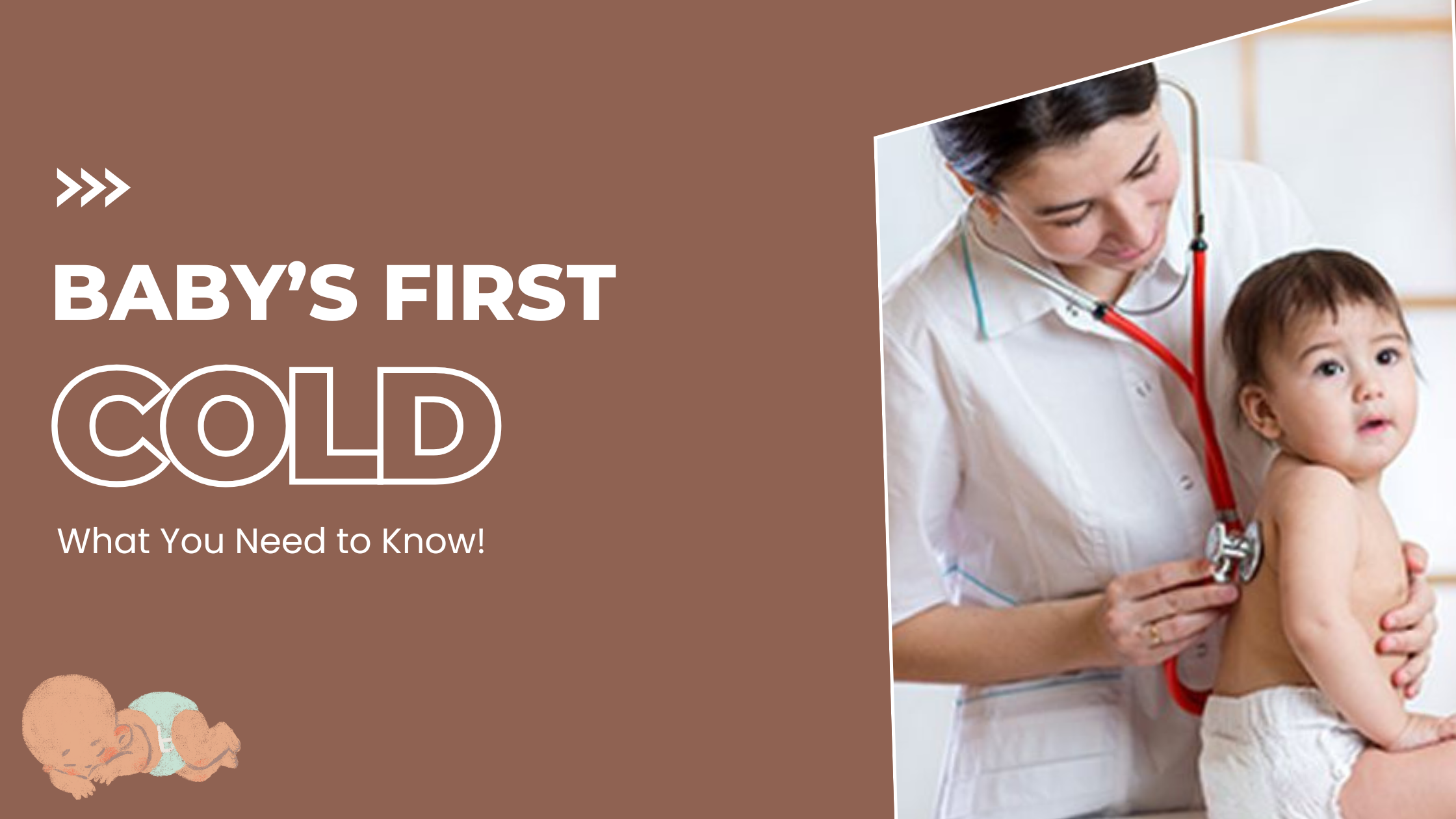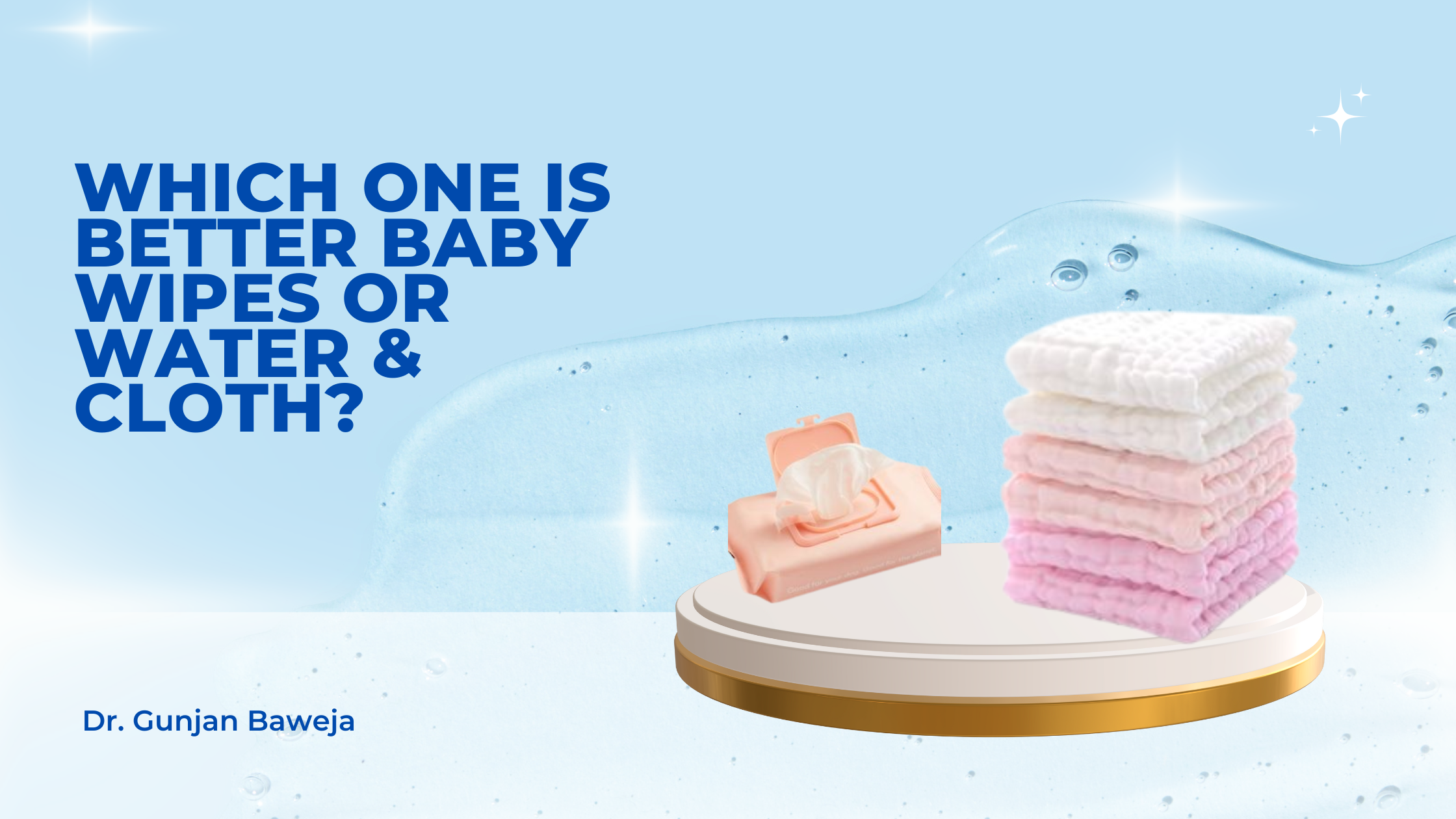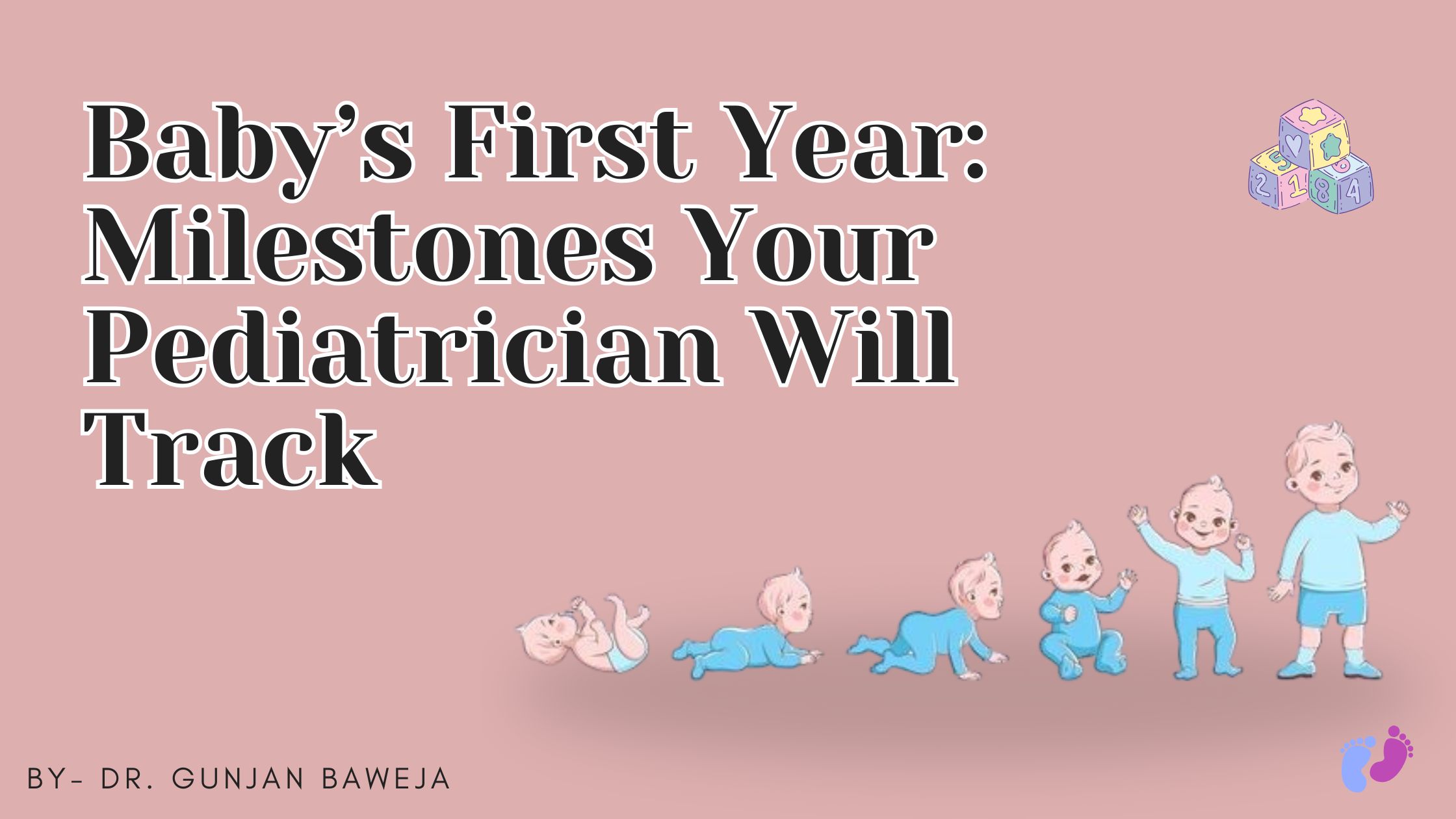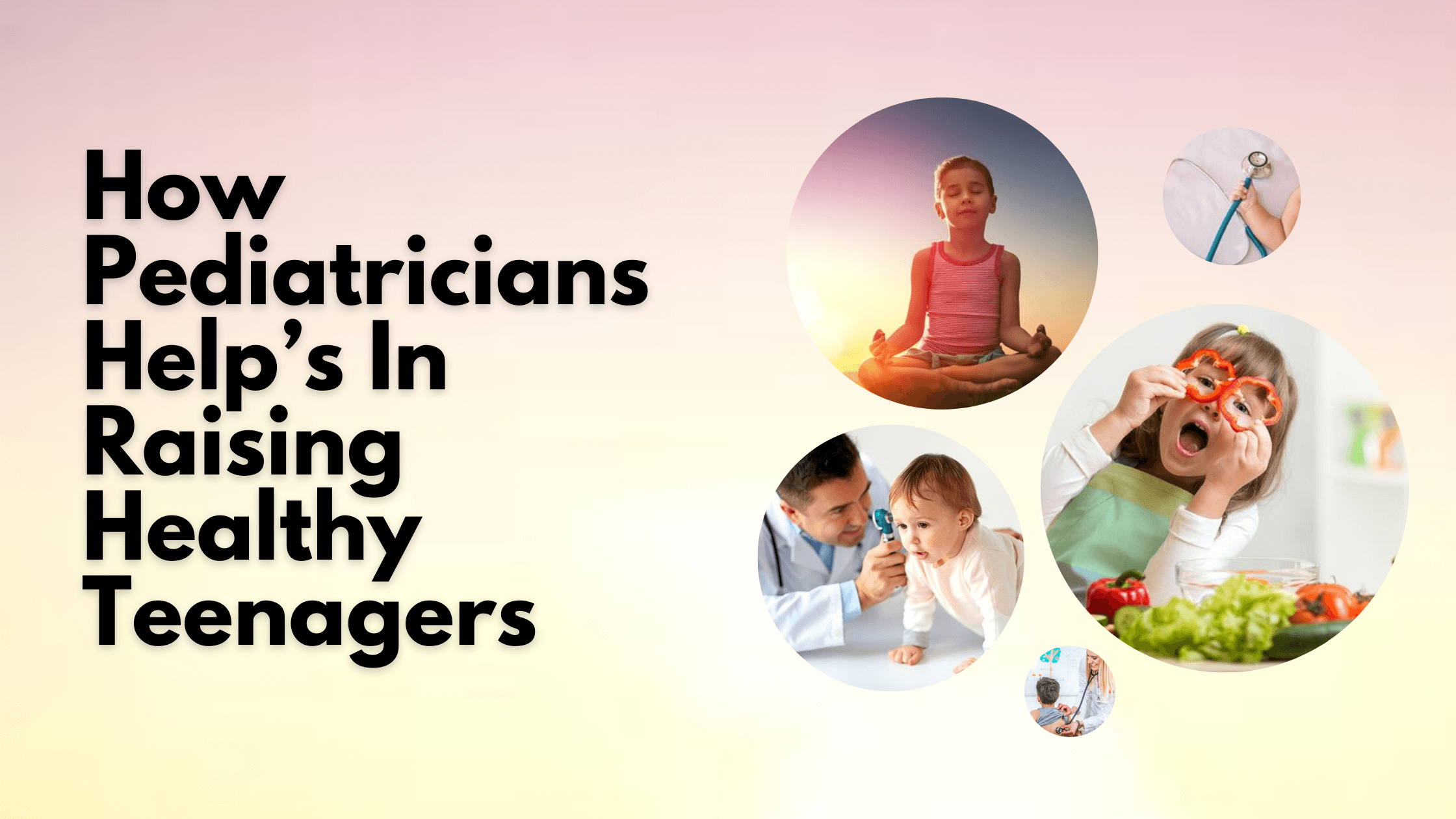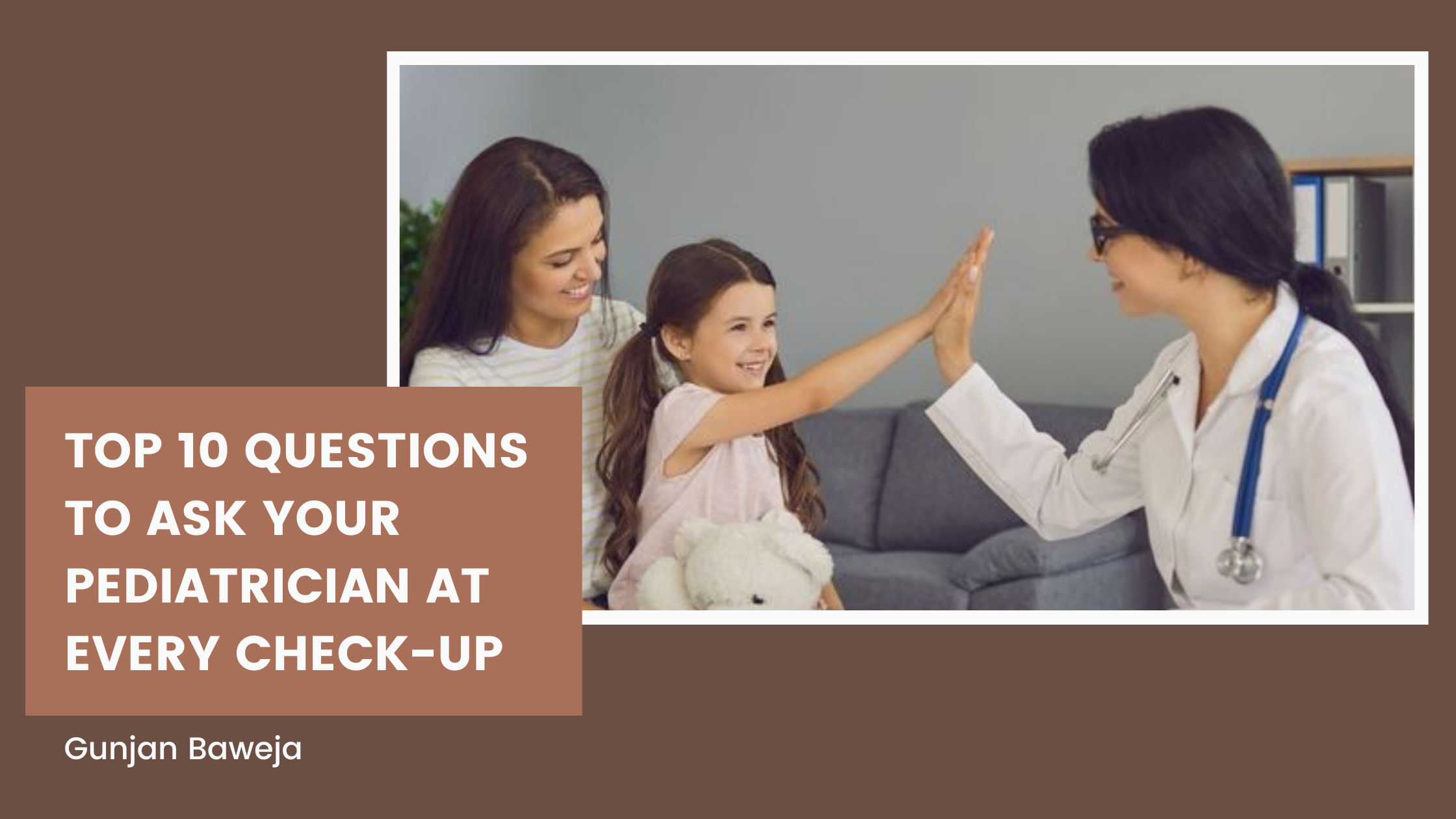As a parent, one of the toughest moments can be when your baby gets sick, especially when
it’s their first cold. The sniffles, cough, and fussiness can be worrying, especially since
babies can’t tell us exactly how they’re feeling. But don’t panic! In this blog, we’ll walk you
through what you can expect when your baby has their first cold and what you can do to
make them more comfortable.
What is a Cold?
A cold is caused by a virus, usually a common one like the rhinovirus. Babies’ immune
systems are still developing, so they’re more likely to catch colds, especially if they’re
exposed to germs from family members, other children, or the environment. The good news
is that most colds are mild and go away on their own after about 7 to 10 days.
Signs That Your Baby Has a Cold
Babies can’t always tell us when they’re feeling unwell, so it’s important to look for signs that
they may have a cold:
1. Runny or Stuffy Nose: This is one of the most common signs. You might notice
clear mucus, which can get thicker as the cold progresses.
2. Coughing or Sneezing: A little coughing or sneezing can be a sign that your baby is
clearing their airways.
3. Fussiness: Your baby may be more irritable than usual. They might also have
trouble sleeping.
4. Mild Fever: A slight fever is common with a cold, but it usually doesn’t go above
100.4°F (38°C). If the fever is higher, or your baby seems very uncomfortable, it’s
important to call your pediatrician.
5. Reduced Appetite: Babies with a cold may not be as hungry as usual, which can
make feeding a bit more challenging.
6. Watery Eyes: Sometimes, a cold can make your baby’s eyes watery or even slightly
red.
How to Care for a Baby with a Cold
While it can be worrying to see your little one sick, there are things you can do to help them
feel better and ease their symptoms.
1. Use a Saline Nasal Spray:
A saline spray or nasal drops can help loosen mucus in
your baby’s nose. After applying the saline, you can gently suction it out with a bulb
syringe.
2. Keep Your Baby Hydrated:
Make sure your baby is drinking plenty of fluids.
Whether you’re breastfeeding or formula-feeding, keep offering the bottle or breast
regularly. Dehydration can make colds worse, so hydration is key.
3. Elevate Your Baby’s Head:
If your baby is old enough (over 3 months), you can
slightly elevate the head of their crib mattress to help with congestion. But never use
pillows in the crib due to the risk of suffocation.
4. Keep the Air Moist:
Using a humidifier in your baby’s room can help keep the air
moist and make breathing easier. You can also try running a hot shower to create
steam and help clear your baby’s nasal passages.
5. Make Them Comfortable:
If your baby seems uncomfortable, give them extra love
and attention. Hold them more, offer soothing songs, or try gentle rocking. A little
extra cuddle time can go a long way in helping them feel secure.
6. Monitor Their Temperature:
If your baby has a low-grade fever, you can use a
baby-safe thermometer to monitor it. A fever is usually a sign that their body is
fighting off the virus. If the fever goes above 100.4°F (38°C) or lasts for more than a
few days, contact your pediatrician.
When to Call the Doctor
Most babies recover from a cold without needing medical treatment. However, there are a
few situations where you should definitely call your pediatrician:
● Fever Over 100.4°F (38°C) for More Than 3 Days: A fever that won’t go away or
keeps coming back should be checked by a doctor.
● Trouble Breathing: If your baby is having trouble breathing, or if you notice they’re
wheezing, breathing very fast, or struggling to breathe, get help immediately.
● Very Poor Feeding: If your baby is refusing to drink or eat for more than a day, they
could be getting dehydrated, which can be dangerous.
● Extreme Fussiness or Lethargy: If your baby is crying nonstop or seems unusually
tired and difficult to wake up, it’s important to have them seen by a doctor.
● Ear Tugging or Fussiness with Feeding: These could be signs of an ear infection,
which can happen after a cold.
Can My Baby Go to Daycare or Socialize?
If your baby has a cold, it’s best to keep them home from daycare or avoid playdates until
they’re feeling better. Babies with colds are contagious, and keeping them away from other
children helps prevent the spread of germs. Also, make sure that everyone in the household
practices good hand hygiene to avoid passing the cold around.
Prevention Tips for Future Colds
While it’s impossible to completely protect your baby from catching colds, there are some
steps you can take to reduce the risk:
● Wash Your Hands: Make sure everyone around your baby washes their hands
frequently to avoid transferring germs.
● Avoid Crowded Places: Try to avoid taking your baby to crowded places, especially
during cold and flu season.
● Breastfeeding: If you’re breastfeeding, keep it up! Breast milk provides important
antibodies that can help protect your baby from infections.
● Keep Baby’s Environment Clean: Regularly clean toys, surfaces, and other things
your baby comes into contact with.
Conclusion
A baby’s first cold is something that many parents will face. While it can be a little scary at
first, most colds are mild and go away on their own. By providing comfort, keeping an eye on
symptoms, and knowing when to seek medical advice, you can help your baby through it. If
you’re ever unsure or worried, always feel free to call your pediatrician for guidance.
Remember, your baby’s immune system is still developing, and getting a cold is just part of
growing up. With a little care and patience, your baby will be feeling better in no time!

